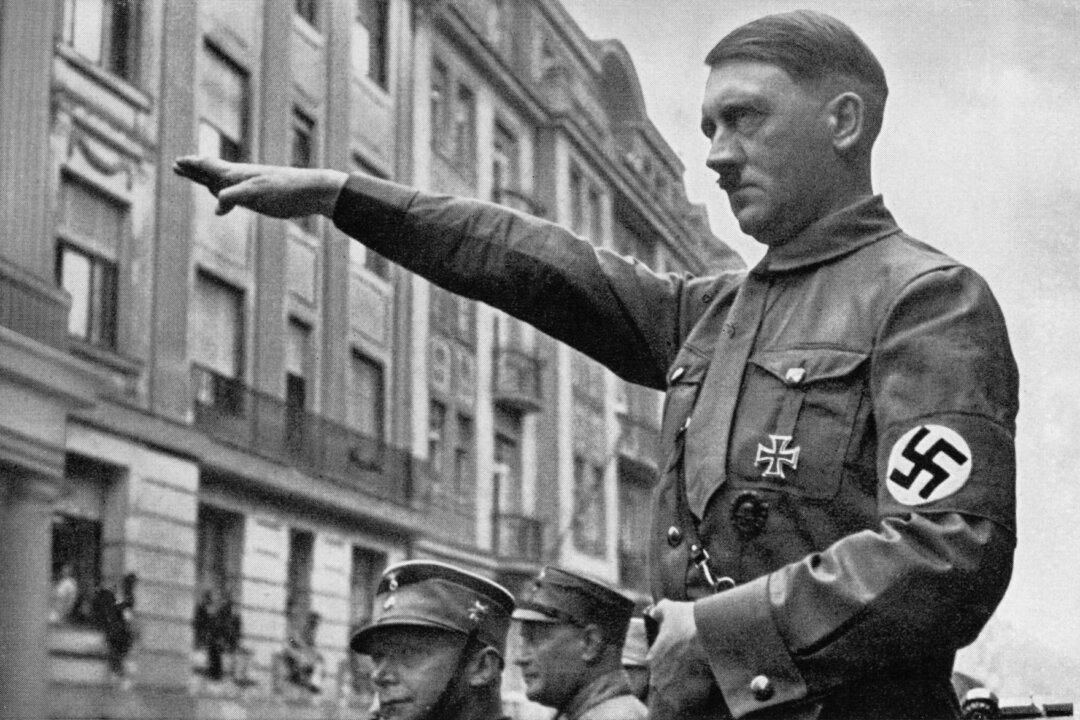A question that has probably been posed to everyone at some point in time is “If you could go back in time and stop an event, would you and which event?”
I can assume that many people would say yes, and possibly a sizable percentage of those people would suggest stopping Adolf Hitler from rising to power. This is the task undertaken by Herbert J. Stern and Alan A. Winter in their historical fiction series. “Sins of the Fathers” is the second installment in the series, following “Wolf,” which covered the years 1918–1934. This second book covers 1934 to November 1938.






